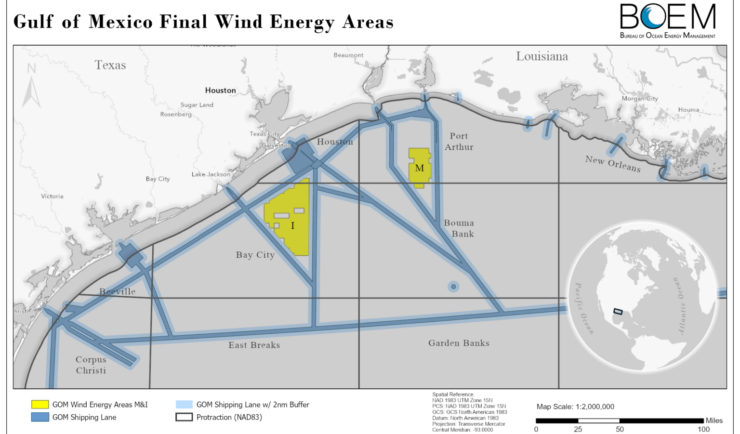- Success Stories, Uncategorized
- Environmental Resource Assessment & Management
Monitoring Air Quality in California’s San Joaquin Valley

CSS employee owners supported the deployment and operation of the U.S. Environmental Protection Agency (EPA) air quality monitoring trailer (WEAVE COM – Western Enhanced Air quality VEhicle for COmmunity Monitoring) in California’s San Joaquin Valley in during late fall and early winter of 2024. Elevated particulate matter (PM2.5) is frequently found throughout the valley during the wintertime when thermal inversions trap pollution. Instruments on the trailer measure criteria air pollutants, other airborne contaminants and the chemical composition of particulate matter. The mobile lab allows scientists to collect atmospheric data to fill in gaps between existing fixed air quality monitoring stations to help identify sources and types of atmospheric PM2.5. CSS staff helped set up the trailer at the deployment site, conducted daily quality control checks on multiple instruments, and supported instrument operations throughout the deployment.


See More CSS Insights

Studying Mesophotic Coral Health
Mesophotic coral can live at depths of 500 feet below the ocean surface. Even at this depth, some of the mesophotic corals in the Gulf of Mexico were affected by the Deepwater Horizon oil spill in 2010. Our coral scientists supporting NOAA’s National Centers for Coastal Ocean Science are studying the extent of this impact.…

Expanding Our Offshore Wind Team
We’ve recently added several staff to bolster the offshore wind team at NOAA’s National Centers for Coastal Ocean Science. With this full team of 13, our employee owners are able to provide more focused support in their areas of expertise, including mapping and spatial modeling, data collection, communications, project management, and partner engagement. Through this…
New Data and Reports on the U.S. Marine Economy
Each year CSS economists on contract with NOAA’s Office for Coastal Management work with other federal agencies to process the most recent economic and labor data, and extract the portions related to marine-dependent sectors.
